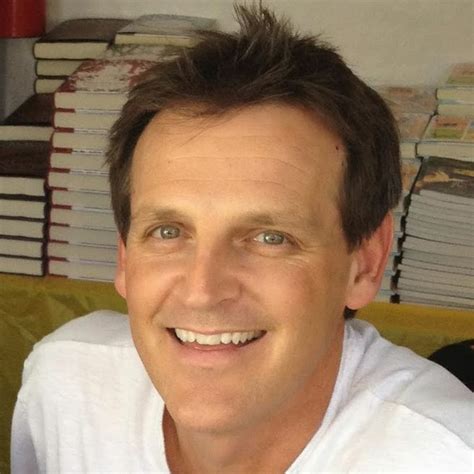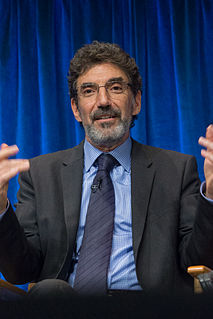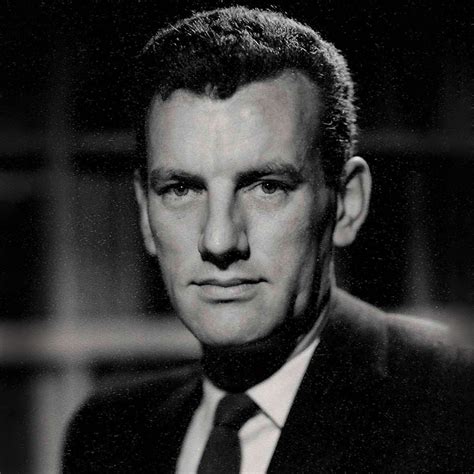A Quote by Geoffrey Burbidge
Big bang cosmology is probably as widely believed as has been any theory of the universe in the history of Western civilization. It rests, however, on many untested, and in some cases untestable, assumptions. Indeed, big bang cosmology has become a bandwagon of thought that reflects faith as much as objective truth.
Related Quotes
Ironically, members on both sides of the debate do agree about one thing: big bang cosmology puts their position in jeopardy. The big bang poses a problem for young-earth creationists because it makes the universe billions of years old rather than thousands. Such an assertion undercuts their system at its foundation. Big bang cosmology also presents a problem for atheistic scientists because it points directly to the existence of a transcendent Creator - a fact they dare not concede.
Modern thinking is that time did not start with the big bang, and that there was a multiverse even before the big bang. In the inflation theory, and in string theory, there were universes before our big bang, and that big bangs are happening all the time. Universes are formed when bubbles collide or fission into smaller bubles.
One can imagine that God created the universe at literally any time in the past. On the other hand, if the universe is expanding, there may be physical reasons why there had to be a beginning. One could imagine that God created the universe at the instant of the big bang, or even afterwards in just such a way as to make it look as though there had been a big bang, but it would be meaningless to suppose that it was created before the big bang. An expanding universe does not preclude a creator, but it does place limits on when he might have carried out his job!
In the popular mind, if Hoyle is remembered it is as the prime mover of the discredited Steady State theory of the universe. "Everybody knows" that the rival Big Bang theory won the battle of the cosmologies, but few (not even astronomers) appreciate that the mathematical formalism of the now-favoured version of Big Bang, called inflation, is identical to Hoyle's version of the Steady State model.
The universe starts off with the Big Bang theory, and the first thing that emerged from the Big Bang is essentially hydrogen and then helium. And that's what combusts in stars. Finally, stars implode, and they build heavier elements out of that. And those heavier elements are reconstituted in the heart of other stars, eventually.
We have all been given a gift with 'The Big Bang Theory,' a show that's not only based in the scientific community, but also enthusiastically supported by that same community - this is our opportunity to give back, in that spirit, our 'Big Bang' family has made a meaningful contribution, and together, we'll share in the support of these future scholars, scientists and leaders.
Remember that the past fifty years has been the age of the Big Bang cosmology. We have learnt to see all reality as a slow-motion explosion, as pouring itself out and passing away, as dissemination. We live in a postmodern epoch in which there is nothing absolute, nothing permanent and nothing substantial.































